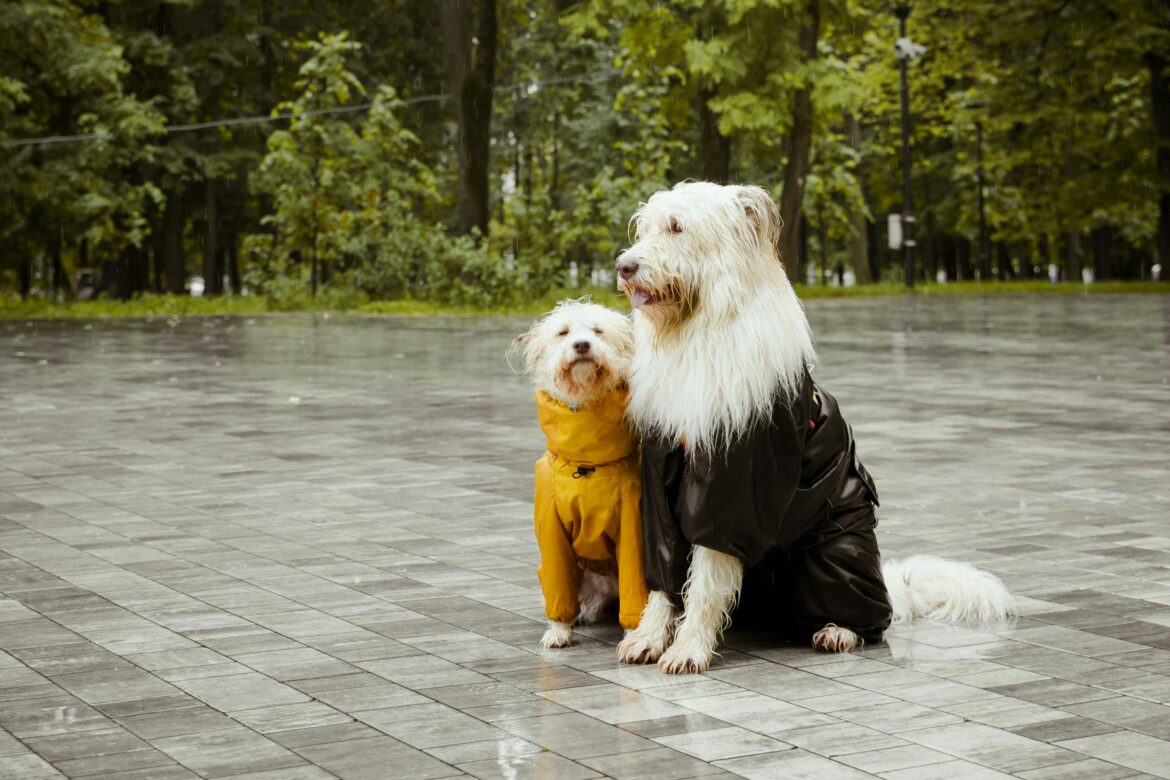Unveiling Hidden Canines: A Peek at Rare Dog Breeds
Discovering rare dog breeds can be a fascinating journey for any canine enthusiast. With hundreds of dog breeds recognized globally, some remain under the radar, known only to a few. This in-depth look at rare dog breeds will explore their unique traits, historical significance, and why they might be the perfect addition to your family. Whether you’re a potential pet owner or simply a dog lover, understanding these hidden gems offers a new perspective on the canine world.
What Constitutes a Rare Dog Breed?
A dog breed is considered rare when its numbers are low, it’s geographically concentrated, or it’s not widely recognized by major kennel clubs. Many factors contribute to a breed’s rarity, including historical events, breeding challenges, and specific breed standards. These dogs often offer the same loyalty and companionship as more common breeds but add a unique flair to the mix.
Highlighting Some of the World’s Rarest Dog Breeds
The Azawakh
Originating from West Africa, the Azawakh is a sighthound that has been a companion of nomads. Known for their elegant build and graceful speed, they are valued for both their hunting skills and companionship. The Azawakh is distinguished by its thin body and striking almond eyes, standing between 24 to 29 inches tall. This breed is rare outside of its native country, making it a prized addition for enthusiasts.
The Norwegian Lundehund
The Norwegian Lundehund is specialized in climbing and retrieving Puffin birds from rocky cliffs. Unique physical characteristics include six toes on each foot and joints that allow for extraordinary flexibility. Their friendly and playful nature makes them excellent companions, though their strong will requires patient training.
The New Guinea Singing Dog
Named for their melodious howl, the New Guinea Singing Dog is believed to be one of the oldest and rarest dog breeds. They were originally discovered in the New Guinea Highlands, and because they’re so genetically distinct, they offer incredible insight into the evolutionary history of canines. These dogs are small, agile, and can make engaging pets for those ready to meet their needs for exercise and mental stimulation.
The Otterhound
The Otterhound is an old British breed known for its excellent sense of smell and ability to hunt otters. This breed is large, with a rough double coat and webbed feet, adapted from years of water work. Despite their capabilities and charming personality, Otterhounds are incredibly rare with estimates of less than 1000 purebreds around the world.
Why Are These Dog Breeds So Rare?
Rare dog breeds often face challenges such as stringent breeding standards and limited genetic diversity. In some cases, their specific skills may no longer be in high demand. Conservation efforts and breed-specific clubs play a crucial role in maintaining these breeds for future generations to appreciate and enjoy.
Adopting and Caring for a Rare Breed
Before adopting a rare breed, consider the specific needs and characteristics of the dog. Prospective owners should research thoroughly to ensure they can provide the appropriate care, including specialized training, dietary requirements, and regular health checks. Adoption from reputable breeders or rescue groups specializing in rare breeds can provide a good start for both the dog and owner.
Conclusion
Rare dog breeds offer a unique window into the diverse world of canines. By choosing to adopt a rare breed, not only are you gaining a loyal companion, but you are also contributing to the preservation of unique canine heritage. Whether enchanted by the melody of the New Guinea Singing Dog or the agility of the Norwegian Lundehund, embracing these rare breeds promises a rewarding experience infused with love and adventure.
FAQs about Rare Dog Breeds
Where can I find a reputable breeder for rare dog breeds?
Check with specific breed clubs for recommendations on reputable breeders. Websites of international kennel clubs can also provide directories of accredited breeders.
Are rare dog breeds more expensive to own?
The cost can vary depending on the rarity and the specific care requirements of the breed. Generally, potential owners might face higher costs in purchasing, healthcare, and maintenance.
Do rare dog breeds require special care?
Like any dog, rare breeds require a commitment to proper care, training, and socialization. However, some might have more specialized needs in terms of health, diet, and exercise.



